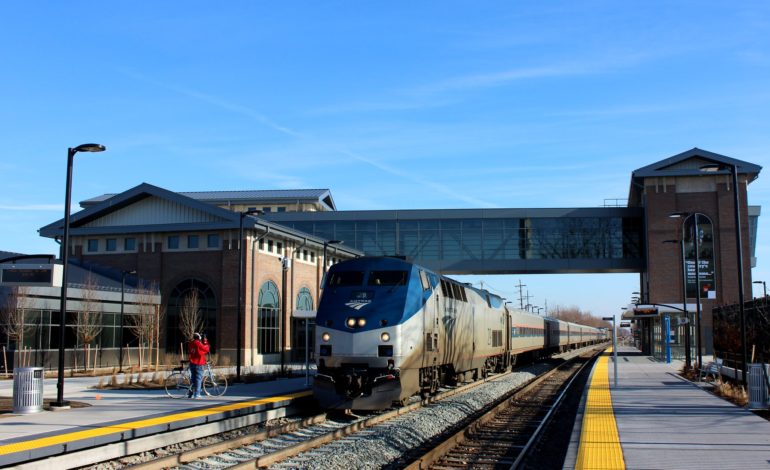A new agreement between Amtrak and the TSA to screen passengers against the controversial “terrorist watchlist” — deemed by many as unconstitutional — is raising concerns among civil rights advocates.
This week, a report by Hearst Television revealed that the TSA agreed to Amtrak’s request that it screen passengers against the watchlist.
The list is believed to contain more than a million innocent people, almost all of whom are Muslim and who have no recourse to challenge their placement or find out why they are on the list, or if the government performed due diligence to make the determination.
So far, the watchlist has restricted air travel for scores of Muslim Americans, including many from the local Arab American population, and has seen legal challenges, with experts detailing the list’s unconstitutionality.
Amtrak’s program now has the potential to extend that restriction to ground travel.
A U.S. Department of Homeland Security (DHS) privacy impact document obtained by Hearst shows that the partnership between Amtrak and TSA is part of the Amtrak Rail Passenger Threat Assessment and would compare personal passenger information from Amtrak – which may later include a traveler’s social media profiles – to the government’s terrorist screening database.
The document says that that if the TSA finds any matches, the agency would then provide Amtrak with statistical results that would not include passenger names, at least for this first stage.
Amtrak routes go through 46 of the 50 states.
The privacy document cites the 9/11 Commission report, which says that beyond air travel, terrorists can find opportunities “to do harm (that) are as great, or greater, in maritime or surface transportation.”
It also says Congress raised the possibility of a security watchlist program for Amtrak as far back as 2007 and again suggested a vetting system more than decade later.
Will all of America become one big airport with TSA agents stationed to check people for whatever perceived real or unreal security concern? – Khalid Turaani
The DHS document states the new passenger screening will begin once Amtrak discloses it to passengers in its online privacy policy.
The Council on American-Islamic Relations (CAIR) is promising a lawsuit if the expansion goes forward.
“I think the expansion of the watchlist is really the second step in a very steep and slippery slope, because where will the government stop?” local activist Khalid Turaani told The Arab American News. “Will all of America become one big airport with TSA agents stationed to check people for whatever perceived real or unreal security concern?”
Some years ago, TSA stopped Turaani from flying for no reason, and after record requests, DHS confirmed that he was on a “no-fly” list. With the help of an attorney, Turaani successfully challenged the designation. But like many Muslim and Arab Americans barred from air travel, Turaani was never told why he was placed on the list in the first place.
Turaani was also featured in the Hearst report because of his story.
The Arab American Civil Rights League (ACRL) Chairman Nasser Beydoun has had similar personal experiences with unconstitutional air travel restrictions, and has led efforts along with others to affect real change in DHS’ policies.
“The list flawed, the policy is flawed,” Beydoun said.
Recently, DHS leadership met with Arab American community representatives to find concrete solutions to the ongoing problem. Those meetings yielded a Detroit-based community liaison position that would communicate concerns from the community to the DHS.
Beydoun and former Assistant U.S. Attorney Abed Hammoud were part of those discussions. Hammoud said the latest Amtrak/TSA agreement adds a further problematic dimension to the issue.
“People that are restricted from air travel rely on alternatives like trains and now you’re taking this alternative away from them; that’s really concerning,” Hammoud said. “The list is too broad and not reliable; we don’t know how it’s executed, how people get on it. Random security checks for everyone at train stations is one thing, but to do it against the watchlist that already has enough issues — that’s a problem.”






Leave a Reply